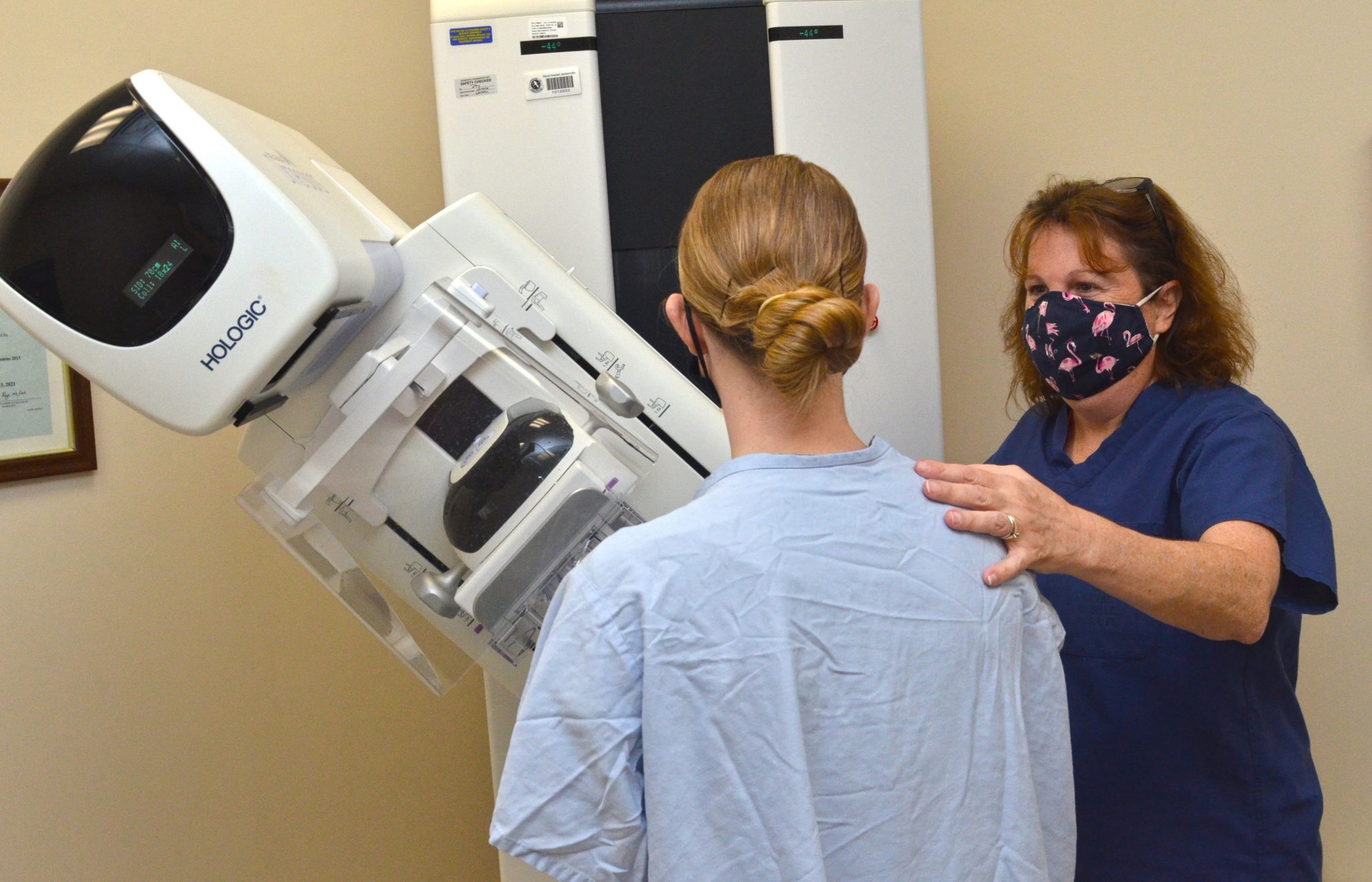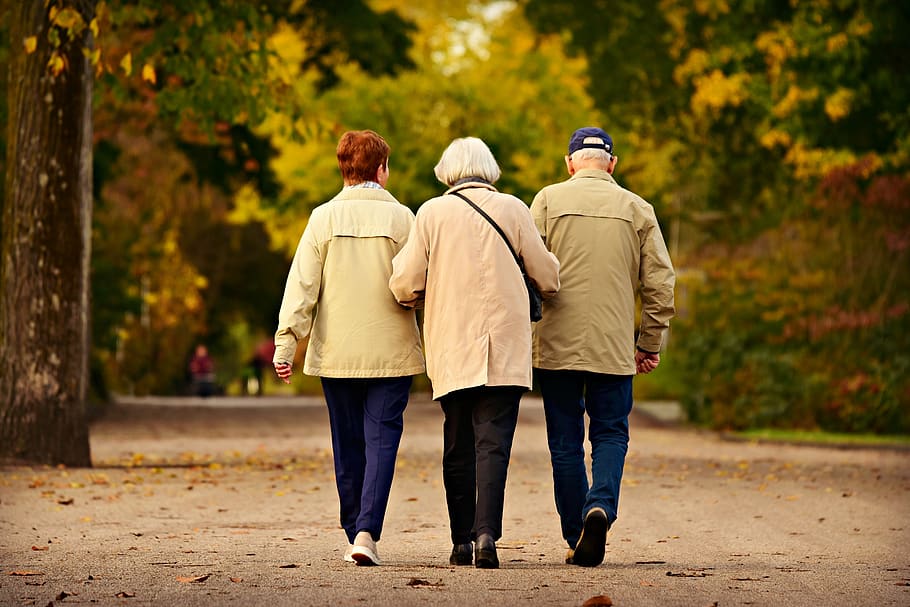Importance of Cancer Screenings: What You Need to Know

In the UK, there are multiple cancer screening schemes to detect cancer before any symptoms. However, many people don’t attend these screenings, putting their health and life at risk.
Countless people say cancer screenings saved their lives. Screenings often catch cancer in its early stages, even before you realise anything is wrong, and allow you to get help before it’s too late.
Yet, so many people still miss them. To convince you, here are the facts.
What is a cancer screening?
A cancer screening is a form of cancer prevention. Screenings vary depending on cancer types, with different tests for each.
Screenings shouldn’t be feared. While some can be uncomfortable, a moment’s discomfort is worth it to avoid the continued discomfort of cancer.
Cancer screenings are usually offered to people of a certain sex or age. For example, all women (or people born with cervixes) will be offered their smear test at 25. Usually, the NHS won’t offer cancer screenings to anyone outside of these guidelines, but sometimes they will make an exception for those with a family history of cancer.
What cancer screening programmes are available in the UK?
In the UK, there are three cancer screening programmes. These screenings aim to detect bowel, breast, and cervical cancer.
For those in England, Wales and Northern Ireland, people aged 60-74 are offered a bowel cancer screening. In Scotland, the age is slightly lowered to 50. The test for bowel cancer is simple – you’ll be sent a home test kit to send back to the lab.
Breast cancer screenings are offered to women and some members of the transgender community. You need to be between 50-70 to receive this screening which is done through a mammogram every three years. This is a type of x-ray that is performed by a female mammographer.
For women and some members of the transgender community, you’ll be invited to a cervical screening. You’ll receive routine screenings every three years, and these usually take place at your GP practice.
Are there any negatives of cancer screenings?
The positives outweigh the negatives of cancer screenings. Nothing can beat the peace of mind or potential of having your life saved.
Many people avoid screenings due to fear. They don’t want a diagnosis, so they ignore their routine screenings. However, this is only doing more harm than good. Cancer screenings can catch cancerous cells early, so you can start treatment sooner. Treatment like chemotherapy is most effective during the early stages of cancer.
However, sometimes cancers can be missed. This can be due to a number of reasons. No cancer screening can be 100% accurate, so it’s vital you still visit your doctor when you feel unwell.
On the other hand, sometimes screenings can result in a false positive. This can cause unnecessary stress and panic but, thankfully, has a low chance of happening.
Lastly, there are only routine screenings available for certain kinds of cancer. Many cancers still do not yet have a test available, so not all cancers will be caught before symptoms surface.
Should I get screened?
Ultimately, the answer to this question is down to you. Cancer screenings are not compulsory, so you get to make the decision.
The benefits of cancer screenings are clear to see. They could potentially save your life by catching cancer at a treatable stage. There isn’t really a bigger positive than this!
While there may be a level of discomfort or embarrassment during a cancer screening, this is temporary. Getting diagnosed with cancer is much more serious, so leaving your pride at the door is recommended.
Live with peace of mind
Attending your routine cancer screening is recommended but not mandatory. While this article can encourage you, the decision is in your hands at the end of the day.
Plus, it’s important to remember you shouldn’t rely on cancer screenings. Regularly check in with your body, note how you’re feeling, and don’t be shy to see the doctor. A healthy lifestyle can also help reduce your cancer risk, so ensure you’re exercising and keeping a healthy diet.






